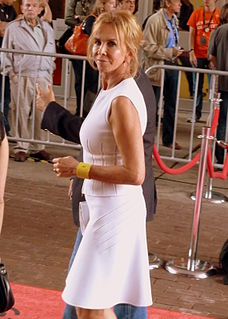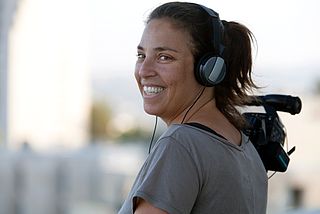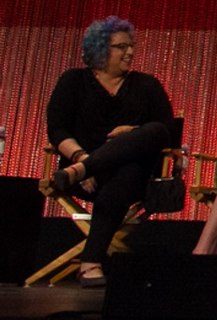A Quote by Marianne Elliott
What I really would like to see is more female stories out there. Particularly older female stories, because women are predominantly ticket-buyers.
Related Quotes
We need more female directors, we also need men to step up and identify with female characters and stories about women. We don't want to create a ghetto where women have to do movies about women. To assume stories about women need to be told by a woman isn't necessarily true, just as stories about men don't need a male director.
Here are examples of real women who have done real things: good, bad, and in between. We're expanding not just the definition of the female or feminine hero, but also villains and more complex, nuanced female characters. Too often I hear men say, "I don't know how to write women." Here you go, here are five incredible women you can use to inspire your own stories.



































